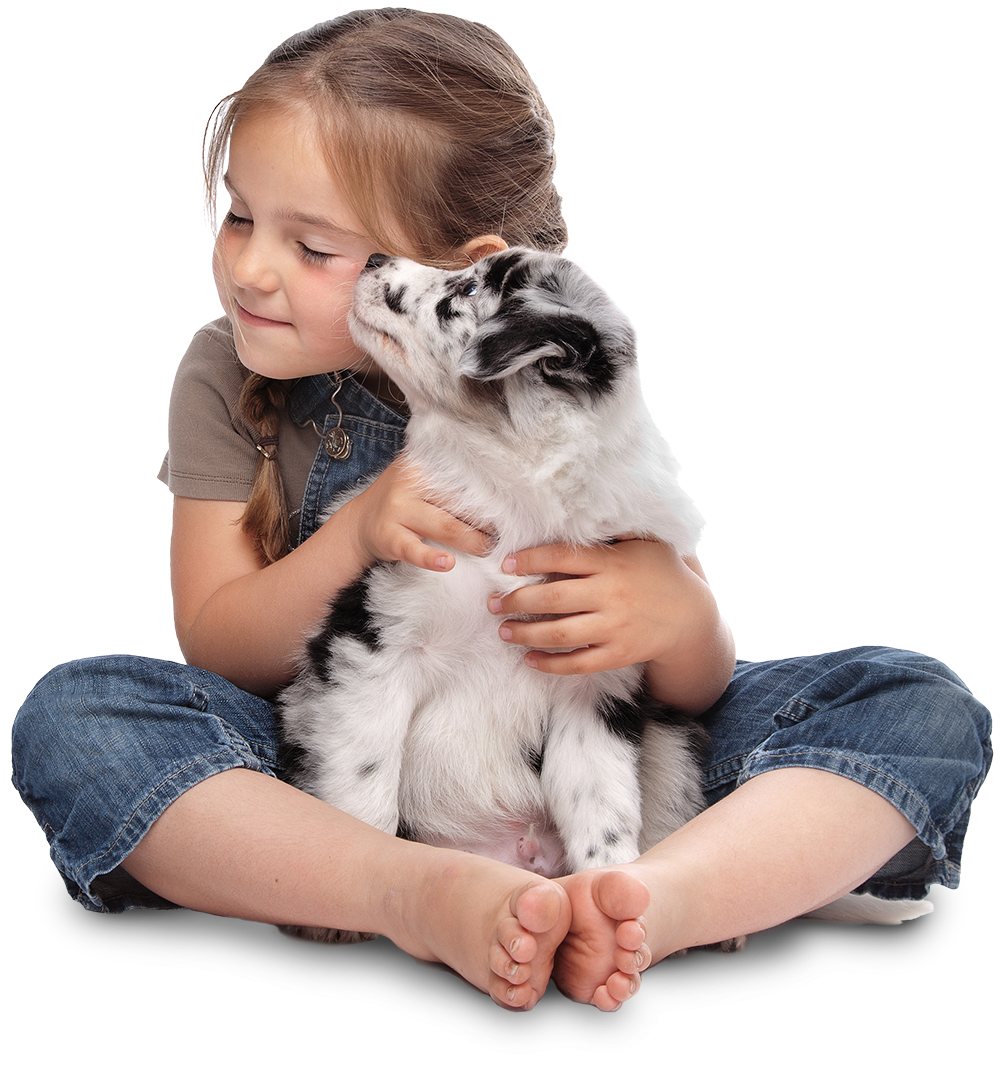A Therapeutic Canine Instructor course is held at Raanana
Support and accompaniment after completing the course
Combined with a dog training course
Emphasis on practice and field experience
A variety of unique therapeutic techniques
Interpersonal communication workshop - improving sales capabilities
Convenient and enabling tuition. Wide payment schedule
An experiential teaching method, based on practical experience
Opening, managing, marketing and bringing the business to success
Therapeutic canine is a unique treatment method, which has become very popular in recent years. The method is considered to be particularly effective and fast-acting in working with a variety of special populations, such as at-risk youth, people with special needs, the elderly, people with ADHD and more.
About Therapeutic Canine Instructor Course
The course is intended for those with a therapeutic approach and dog lovers who are interested in working with diverse populations. The curriculum combines the acquisition of theoretical knowledge along with practical experience and includes a variety of workshops and tours.
Therapeutic canine is considered a sought-after profession in the therapeutic world and its need in the consumer market is increasing day by day. The program offered in this course will give you the full knowledge, experience and skills for therapeutic work using dogs.
The dog's ability to communicate with the person directly, and produce an encounter based on emotion, love and giving is the basis for deep and thorough emotional care, removes barriers, relaxes, releases and provides security and support to young and old patients alike.
Details about a therapeutic canine course
Course participation is conditional on an admission interview
Certification
Certificate of certification - on behalf of Eshkolot College for the Outstanding, work is guaranteed
The scope of the course
Sessions of 5 hours, two days a week, a total of 340 hours In addition, each student will perform 60 hours of internship independently
Admission
Personal interview Certified dog trainer or student in a trainer course • Preferably therapeutic or instructional experience
Staff of a therapeutic canine course in the central branche
Course coordinator and instructor - Mr. Yoni Kehati
He holds a bachelor's degree in psychology and criminology. A professional dog trainer and therapeutic canine instructor. Treats all types of populations with the help of dogs: institutions, schools, youth with special needs and privately.
Dr. Dan Carmely
A veterinarian with a PhD in science, a certified classical homeopath (RCHom).
Has been treating animals for 30 years.
Head of Eshkolot College.
In addition, a diverse teaching staff for the therapeutic professions.
Want to get more details on a therapeutic canine course
Call us or fill in the details in the form and we will get back to you soon with all the details.
Contact Us
Thank you for contacting us. We will get back to you soon with all the details
Oops, there was an error sending your message.Please try again later
Topics taught in the Therapeutic Canine Instructor Course
Diverse practice accompanied by professional guidance, simulations, and tours of treatment centers and observation observations - accompanied by instructors in various therapeutic frameworksFoundations of establishing and managing an independent business. Starting a business, sales, marketing and advertising - all the tools to lead the business to financial success
Dog training Therapeutic activities Treatment and empowerment in a normative population: child, adolescent and adult as well as with all target populations: emotional regulation, sensory, attention and concentration, autism, retardation, mental disorder, behavioral limitations and physical skills and treatment skills, caregiver-patient relationship to work: self-confidence, Lack of sense of competence and sense of social isolation Group facilitation, dynamics and professional ethics
Theories in Psychology Psychopathology Emotional, mental, physical, learning, behavioral-social problems, phobiasDevelopment: Children, teens, adults and seniors Education, rehabilitation and assistance with animals, why a dog? Familiarity with the therapeutic tool, choosing a dog as part of a process (group individual) Goal building, intake, treatment plan, termination and separation from the patient
Email:
eshkolot.co@gmail.com Phone: 1700-505-989
Built by Kidom Plus - building and promoting websites







